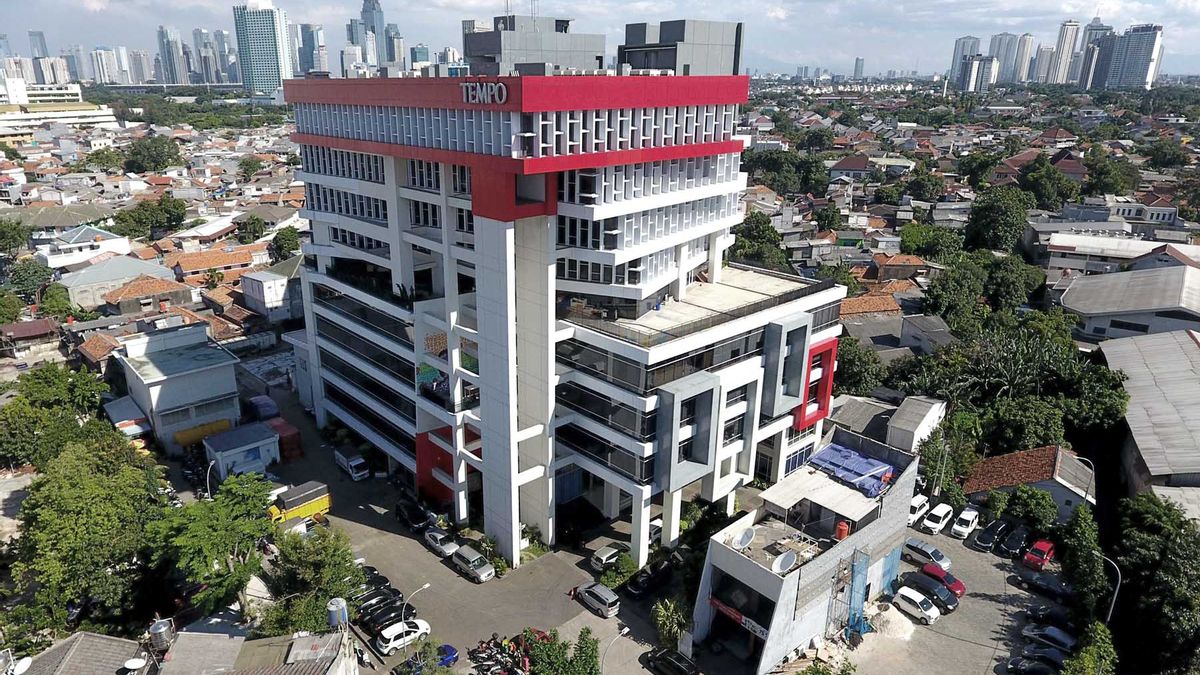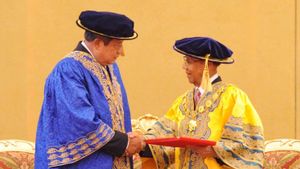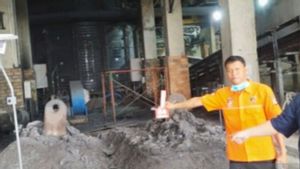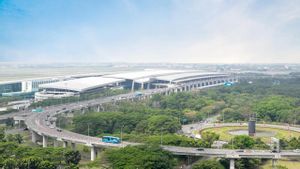JAKARTA - Today, 23 years ago, October 6, 1998, Tempo Magazine was published again. The presence of Tempo Magazine is eagerly awaited by all its connoisseurs. The momentum of the revival was used by the owner of the magazine to reintroduce his flagship report.
Previously, Tempo Magazine was banned twice by the New Order (Orba) government. His courage to reveal the depravity of the New Order was the reason. Tempo Magazine was mixed on April 12, 1982, then his license was revoked on June 21, 1994.
The New Order regime (Orba) is known for its anti-criticism. This has even become a public secret. Whoever throws criticism, will receive his reward. From beingenced to imprisonment. In the mass media industry especially.
Orba is able to establish its power to be able to control the contents of the media. Good image will be shared. However, this is not the case with a bad image. Especially vilifying President Suharto. The instrument of the rules was also prepared. Media control systems are alerted. The goal is to prevent national stability from being disrupted.
The most obvious example of the New Order's power was at the beginning that Suharto took over the government. Emil has the power to step on the gas to produce many newspapers. Also the parent organization of the Indonesian Journalists Association (PWI), which incidentally oversees media personnel, is driven for the benefit of the authorities.
On paper, the New Order government provides space for criticism as free as possible, but responsible. The narrative looks wise and pleasing to hear. The problem is only one: not according to the reality on the ground. Critic media will be dealt with immediately. Because, there is no definite measuring knife in reporting the news so as not to offend.
Suharto's control and Cendana's family in the field of print media were also carried out indirectly. Suharto's chronology, such as Bob Hasan, who is often dubbed the Kayu King, is in his capacity that the owner of PT Aspex Papers is the holder of a paper supply monopoly which is the main raw material for issuance, including press issuance.
The life of printing media even depends on the price of paper where the position as a distributor is very vital. Through this 'politic paper', the New Order ruler, especially the Cendanas and family, has an effective 'key' position for many press issuances, said Rully Chairul Azwar in the Golkar Party Communications Politics book in Three Eras (2009).
Tempo Magazine is one of the mass media that was hit by the New Order government's education. Tempo Magazine was temporarily banned on April 12, 1982. The reason is that Tempo Magazine dared to report sensitive news "if you don't want to say it's the government's depravity."
Tempo official Goenawan Mohamad paired up. He dared to apologize. The New Order also revoked Tempo Magazine's run on June 7, 1982. However, 12 years later, Tempo Magazine acted again. Tempo Magazine reports indications of corruption in the purchase of ex-East German warships.
The New Order government. Tempo was mixed for the second time on June 21, 1994. The power of attorney will not provide space for Tempo to be published again. In fact, fate said otherwise. Suharto and the New Order collapsed first. As a result, in the Bacharuddin administration of Jusuf Habibie, Tempo Magazine was published again on October 6, 1998.
"After the end of the New Order regime through reform on May 21, 1998 with President Suharto's resignation, then on October 6, 1998 Tempo Magazine was reissued with its publisher PT. Arsa Raya Perdana with its editorial: We are increasingly aware that there is something more valuable than professional income and satisfaction, namely independence and self-esteem," said Bakdi Riyanto in the book Task Force Packing Awards (2019).
The English, Chinese, Japanese, Arabic, and French versions are automatically generated by the AI. So there may still be inaccuracies in translating, please always see Indonesian as our main language. (system supported by DigitalSiber.id)









